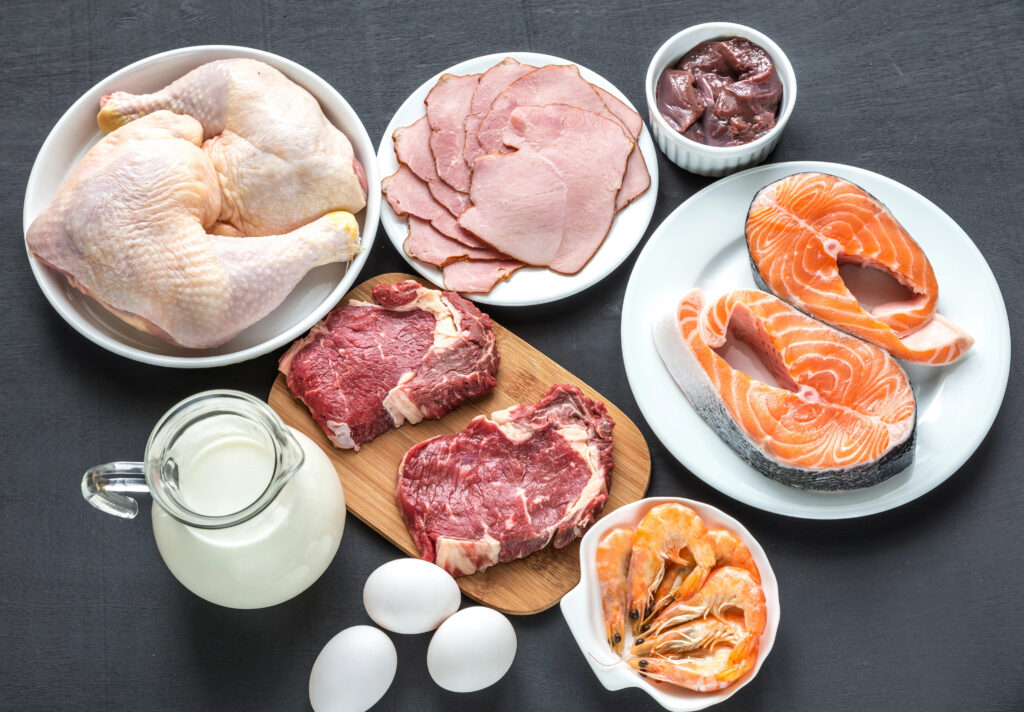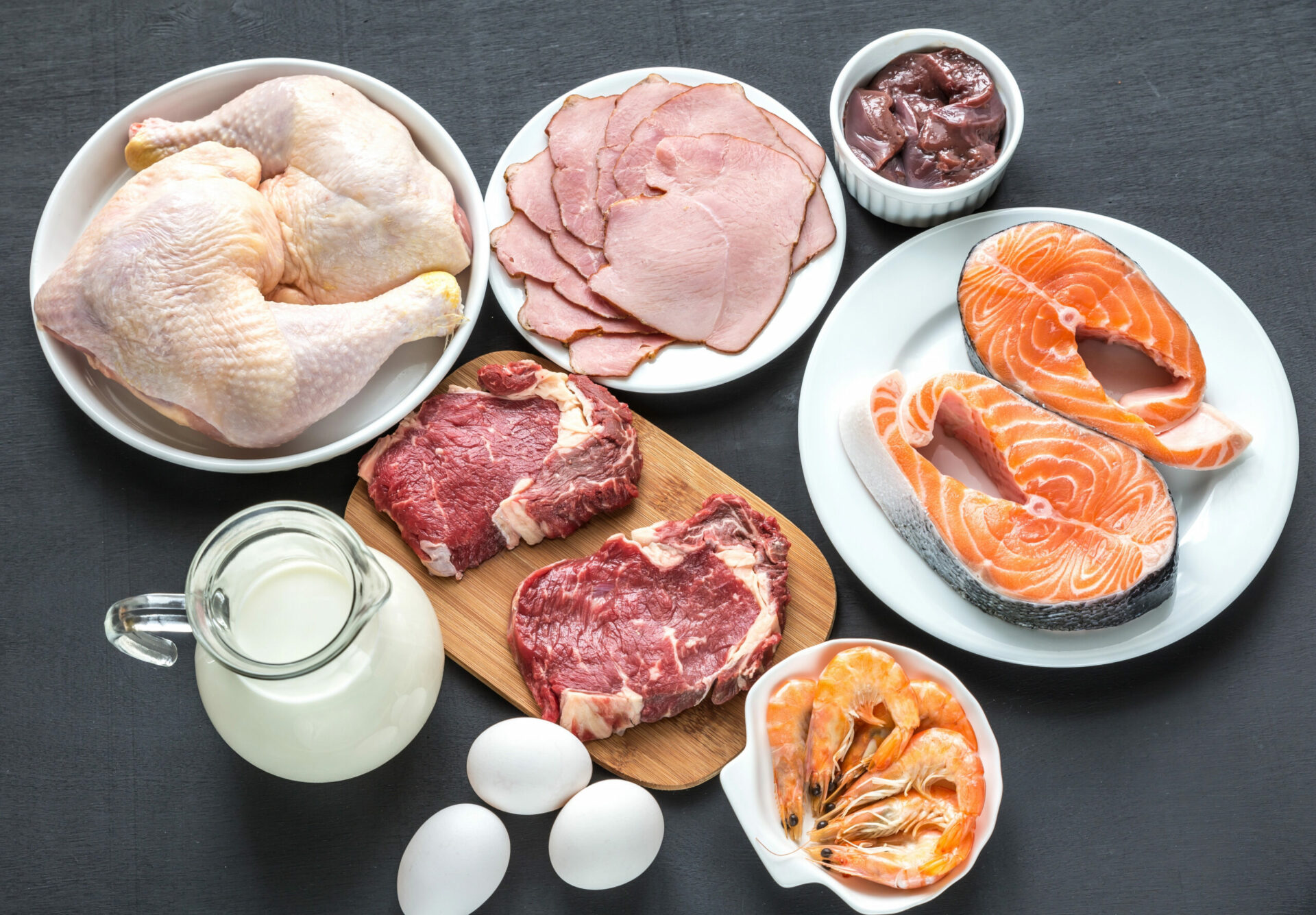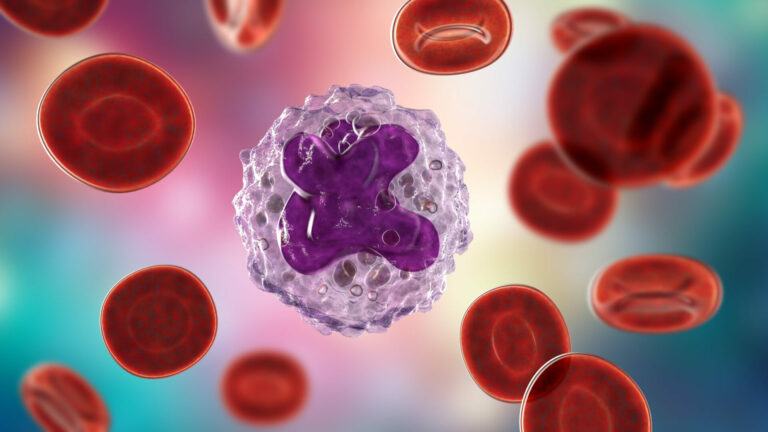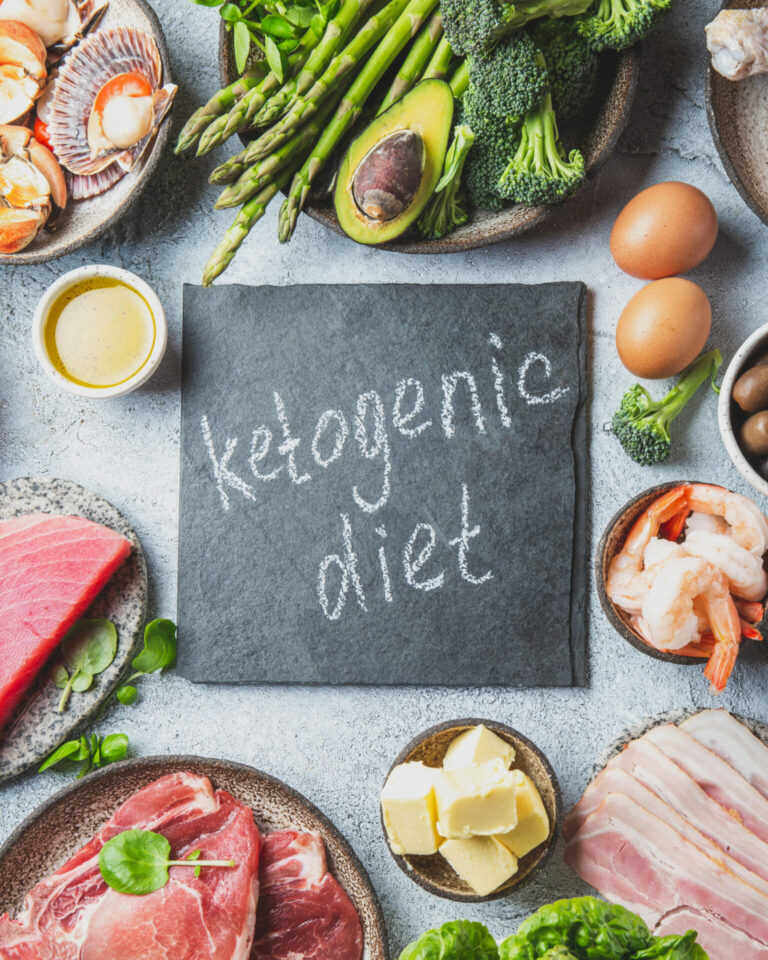The Ultimate Importance of Protein In The Diet
Note: This post may contain affiliate links. We may earn a commission, at no additional cost to you, if you make an purchase via our links. See our affiliate disclaimer for more information.
Protein is a cornerstone of a healthy diet, as it is an important part of virtually every biological process within the body. From building and repairing tissues to producing enzymes and hormones, protein serves as a specialized macronutrient that supports growth, development, and overall bodily function.
Proteins are large, complex molecules composed of smaller units called amino acids. These amino acids are often called the building blocks of life because they are involved in many daily living processes.
There are 20 different amino acids, nine of which are considered essential because the body cannot produce them on its own and must obtain them from dietary sources. When we consume protein-rich foods, our body breaks down the protein into these amino acids, which it uses to build and repair tissues, synthesize enzymes, and perform several other particular functions.
Types of Proteins

1. Complete Proteins:
Complete proteins contain all nine essential amino acids in adequate amounts, making them highly valuable for maintaining and building tissues. These are typically found in animal-based foods such as meat, poultry, fish, eggs, and dairy products.
2. Incomplete Proteins:
Incomplete proteins lack one or more of the essential amino acids. Many plantbased protein sources, such as legumes, grains, nuts, and seeds, fall into this category. While these foods are nutritious, they must be combined with other foods to form a complete protein source, as they don’t provide all the amino acids required by the body.
3. Complementary Proteins:
Complementary proteins are formed when two or more incomplete protein sources are combined to provide all nine essential amino acids. A classic example is pairing rice and beans—individually, each lacks certain essential amino acids, but together they form a complete protein source.
By understanding the different types of proteins and incorporating a balanced variety of them into your diet, you can actively promote optimal health, muscle repair, and general wellness.
Functions of Protein
Protein is much more than just a component of your daily diet—it works in various roles that are specialized for maintaining overall health and bodily function. We’ll discuss some of the primary functions of protein in the body, highlighting why it’s so essential for both physical and physiological processes.

1. Muscle Growth and Repair
Proteins provide the necessary amino acids to build and repair muscle tissue, especially after physical activity. During exercise, muscle fibers are broken down, and protein helps rebuild them, making muscles stronger. Adequate protein intake is crucial for athletes, individuals engaging in strength training, and those recovering from injuries.
2. Enzyme and Hormone Production
Proteins are involved in producing enzymes and hormones, which function to regulate bodily processes. Enzymes are proteins that act as catalysts in biochemical reactions, such as digestion, energy production, and cellular repair. Hormones like insulin, which regulates blood sugar levels, and human growth hormone, which supports tissue growth, are also protein-based.
3. Immune System Support
Protein functions in the immune system by helping the body produce antibodies, which are proteins that identify and neutralize harmful pathogens like bacteria and viruses. Without sufficient protein, the immune system can become compromised, making the body more susceptible to infections and illnesses.
4. Energy Source in the Absence of Carbohydrates
Although carbohydrates and fats are the body’s primary energy sources, protein can serve as an alternative energy source when necessary. During periods of fasting, low carbohydrate intake, or intense physical exertion, the body may break down protein into glucose (a process known as gluconeogenesis) to be used for energy.
5. Maintenance of Skin, Hair, and Nails
Protein is a key component of keratin, collagen, and elastin, which are the important components for the health and maintenance of skin, hair, and nails. Collagen, in particular, provides structure to the skin and helps maintain elasticity, reducing signs of aging.
Keratin strengthens hair and nails, preventing brittleness and breakage. Adequate protein intake helps ensure that these tissues remain strong, resilient, and healthy.
Benefits of Adequate Protein Intake
Ensuring an adequate intake of protein in your diet can offer a range of health benefits that go beyond muscle building. From weight management to cognitive enhancement, protein is a key element for the overall body processes necessary for good health.
1. Weight Management
Protein is highly beneficial for weight management, both for those looking to lose weight and for those aiming to maintain a healthy weight. One of the reasons for this is protein’s ability to increase satiety or the feeling of fullness. Foods rich in protein take longer to digest, helping to curb appetite and reduce overall calorie intake.
2. Improves Muscle Recovery
After exercise, especially resistance training, the body relies on protein to repair damaged muscle fibers. Adequate protein intake ensures the muscles recover faster and more effectively, reducing soreness and preparing the body for the next workout. This is particularly important for athletes and active individuals, as protein helps speed up recovery times and supports the development of lean muscle mass.
Consuming protein post-workout can stimulate muscle protein synthesis, the process of building new muscle tissue, enhancing overall strength and endurance over time.
3. Stabilizes Blood Sugar
Protein, when paired with carbohydrates in meals, is helpful to keep glucose at a steady level. When carbohydrates are consumed alone, they can cause a rapid spike in blood glucose, followed by a crash that may lead to fatigue, hunger, and irritability. Including protein in meals slows down the absorption of sugar into the bloodstream, promoting a more gradual and sustained release of glucose.
4. Enhances Cognitive Function
Protein-rich foods contain amino acids that are essential for brain function and cognitive health. For example, amino acids like tryptophan are precursors to neurotransmitters such as serotonin, which regulates mood and sleep, while tyrosine helps produce dopamine, a neurotransmitter involved in focus and motivation. Adequate protein intake supports better mental clarity, attention, and memory.
Final Thoughts

The benefits of an adequate protein intake extend far beyond physical fitness. From helping manage weight and supporting muscle recovery to stabilizing blood sugar and enhancing cognitive function, protein is a crucial nutrient for maintaining a healthy body and mind.
By ensuring a balanced diet with enough protein, individuals can optimize their overall well-being and long-term health.





